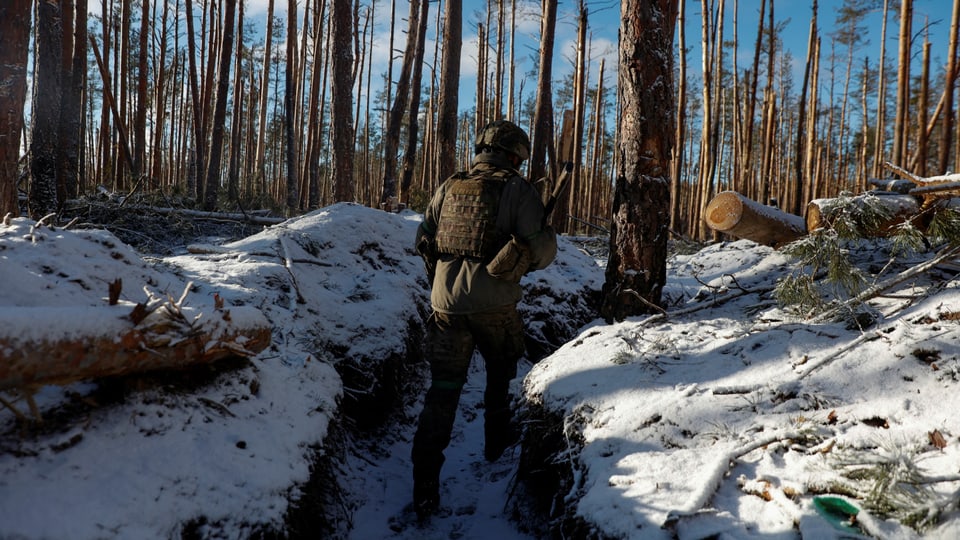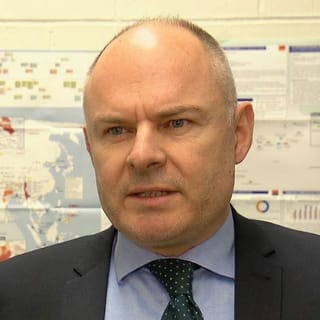Markus Mäder, State Secretary for Security Policy, speaks in an interview with “Sonntagsblick” about Russia “as a real threat” to Europe and says: “We have to prepare for wars in Switzerland too.” In addition, the Federal Council classified a ballistic attack on Switzerland as “rather likely” in the army message and in the security policy report. For security expert Mauro Mantovani, there is also a risk that the Ukraine and Gaza wars could expand.
SRF News: How serious is the threat situation?
Mauro Mantovani: The military threat to Western Europe is higher than it has been since 1990. In this respect, the situation is quite serious.
In the short term, the Russian threat to Switzerland is more likely to exist in air and cyberspace than on the ground.
The Federal Council has reclassified the likelihood of a ballistic attack on Switzerland as “rather likely”. What does that mean exactly?
The rationale underlying such assessments is that Moscow may be tempted to demonstrate its willingness and ability to escalate without triggering NATO’s Article of Assistance. One option would therefore be to deploy military means close to the NATO alliance border, but just outside it.
Is this upgrade also needed to create the basis for more financial support for the army?
The threat has actually increased. It’s not about satisfying special interests, but about ending a state of carelessness.

Legend:
A Ukrainian soldier at Kreminna. (Image from February 6, 2024)
Reuters/Serhii Nuzhnenko
What type of war would Switzerland be most threatened by?
In the short term, the Russian threat to Switzerland is more likely to exist in air and cyberspace than on the ground.
How likely is further escalation in Europe in the next few years?
I consider it very likely as long as Putin is in power. Any outcome of the Ukrainian war, from victory to defeat, would further increase its aggressiveness.
There is a real danger that the Ukraine and Gaza wars will spread.
Ukraine, Middle East, Taiwan, North Korea, Nagorno-Karabakh, etc.: The impression is that a particularly large number of armed conflicts have flared up around the world at the moment. Does that correspond to reality?
The number and intensity of military conflicts in Eurasia have increased measurably in recent years, and global arms spending has also increased. The “Doomsday Clock” has shown its highest level for a year: 90 seconds before midnight.
Many countries such as Russia, China, Iran and North Korea are arming themselves heavily and are drawing attention to themselves with threatening gestures. Is there a risk of a third world war?
There is a real danger that the Ukraine and Gaza wars will spread. But I would only speak of “world war” if American troops intervene directly in combat operations, which is unlikely to happen so quickly.
There is also talk of nuclear armament – for example by Russia in space. Does Europe need its own nuclear weapons?
If Donald Trump were to actually become President of the USA again, the nuclear guarantee for Europe would be called into question. In view of this, it is appropriate for Europe to think about its own nuclear deterrent.
The interview was conducted by Viviane Stadelmann.
